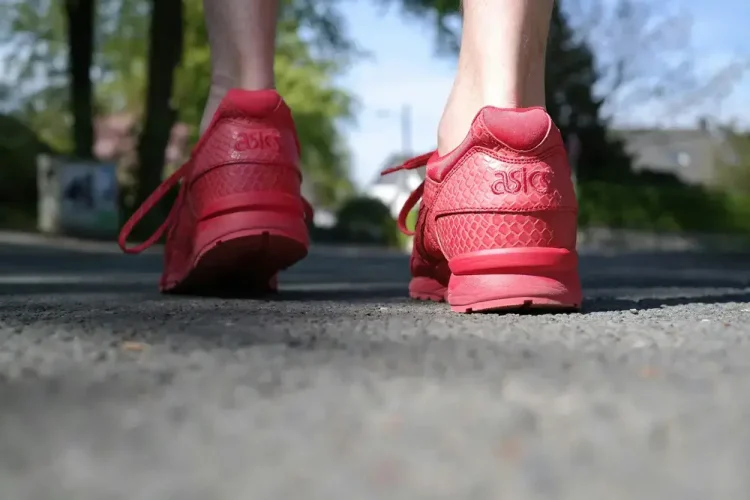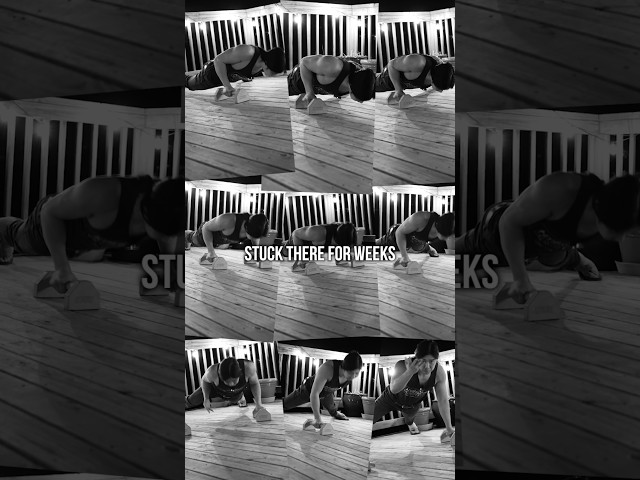Boosts Cardiovascular Health
Speed walking is an excellent way to improve your cardiovascular health. Engaging in this moderate-intensity exercise regularly can help lower your blood pressure, reduce levels of bad cholesterol, and increase good cholesterol. This combination leads to a healthier heart and a reduced risk of heart disease and stroke.
Aids in Weight Loss
If you’re looking to shed some extra pounds, speed walking is a great option. It burns more calories compared to a leisurely walk. Just 30 minutes of speed walking can burn up to 200 calories, depending on your weight and walking pace. Incorporating this form of exercise into your daily routine can help you achieve your weight loss goals more efficiently.
Enhances Mental Well-being
Physical activity is known to have positive effects on mental health, and speed walking is no exception. The act of walking briskly can help reduce anxiety, depression, and stress. It also encourages the release of endorphins, often referred to as the ‘feel-good’ hormones, which can elevate your mood and overall sense of well-being.
Strengthens Muscles and Bones
Unlike many forms of exercise that focus on a specific muscle group, speed walking provides a full-body workout. It helps in toning and strengthening the muscles in your legs, hips, and abdomen. Additionally, this weight-bearing exercise can improve bone density, reducing the risk of osteoporosis as you age.
Improves Joint Flexibility
Speed walking is a low-impact activity that puts less stress on your joints compared to running. Over time, it can help improve the flexibility and range of motion in your hips and knees. This makes it an excellent exercise for individuals with arthritis or those recovering from a joint injury.
Enhances Lung Capacity
Engaging in speed walking can help improve your lung capacity and overall respiratory function. The increased cardiovascular activity encourages better oxygen circulation throughout the body and can enhance your breathing efficiency over time.
Boosts Immune System
Regular physical activity, such as speed walking, is known to enhance the immune system. It promotes better circulation of immune cells, making it easier for your body to fight off infections. As a result, those who engage in regular speed walking may find themselves falling ill less often.
Increases Energy Levels
It might seem counterintuitive, but expending energy through speed walking can actually increase your energy levels. This exercise stimulates the production of endorphins and increases oxygen circulation, which can fend off feelings of fatigue and leave you feeling more energized throughout the day.
Improves Sleep Quality
If you struggle with getting a good night’s sleep, incorporating speed walking into your daily routine could help. Regular physical activity has been shown to improve sleep quality, helping you fall asleep faster and enjoy deeper, more restorative sleep. This can lead to better overall health, as sleep plays a crucial role in bodily function and recovery.
Social Benefits
Engaging in speed walking can also have social benefits. Joining a walking group or walking with friends can make the activity more enjoyable and help you stay motivated. It provides an opportunity to socialize and strengthen relationships, which is beneficial for mental well-being.
Convenience and Accessibility
One of the great advantages of speed walking is that it requires no special equipment or gym membership. All you need is a pair of comfortable walking shoes, and you’re set to go. You can do it anywhere, at any time, making it one of the most accessible forms of exercise available.
Cost-Effective Exercise
Finally, speed walking is highly cost-effective. There are no ongoing costs or expensive equipment needed, and you can start right away without any investment. This makes it an ideal exercise for those looking to improve their health on a budget.











Discussion about this post